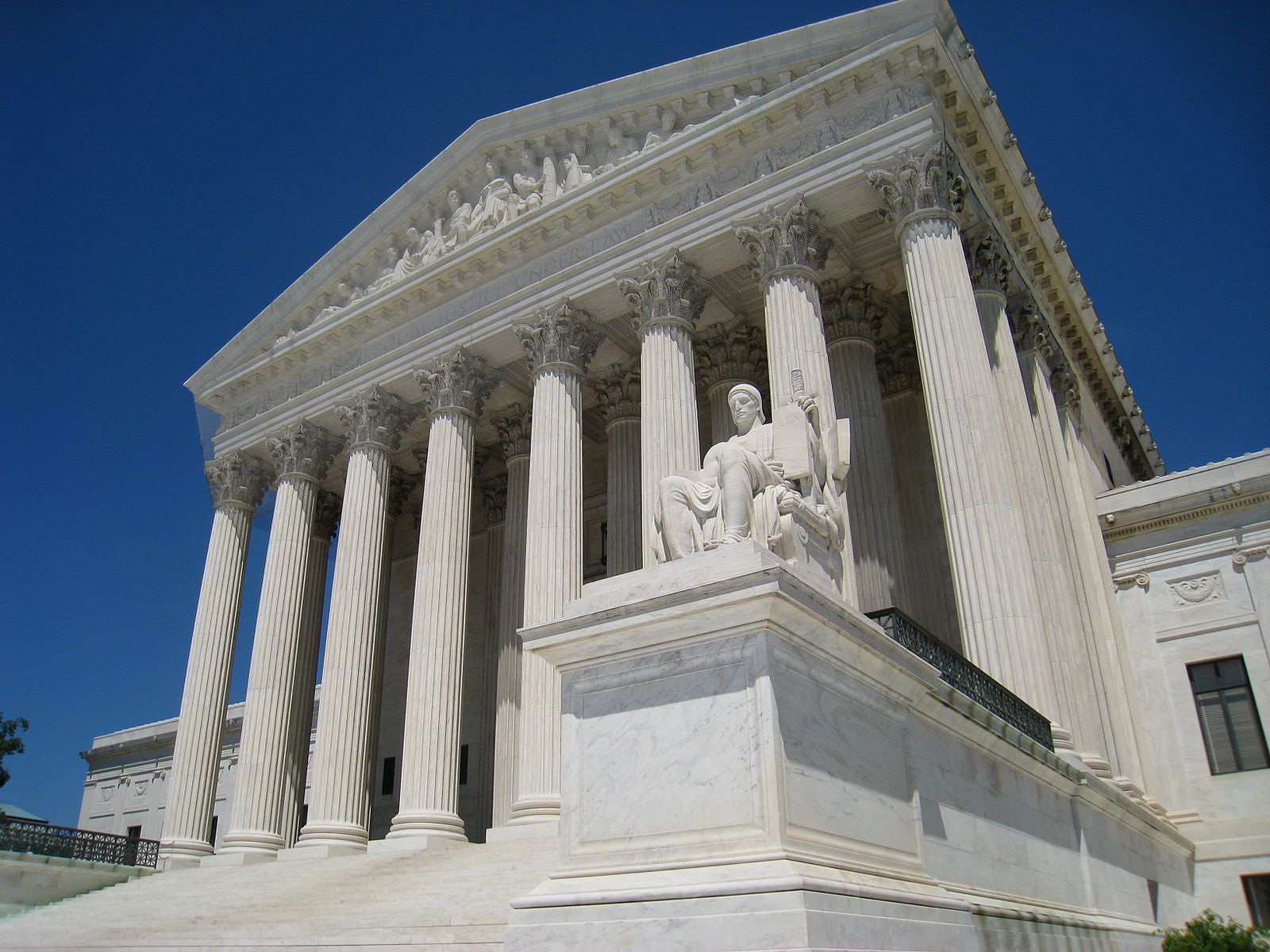The City of Santa Clara could get up to an additional $2 million in revenue due to a recent decision by the U. S. Supreme Court. On June 21, Justices issued a 5-4 decision in South Dakota v. Wayfair that reversed 1992 ruling, Quill Corp. v. North Dakota. The decision is expected to have potentially significant impacts on e-commerce and online retailers.
State and local sales taxes collected on purchases made in brick-and-mortar stores is a relatively straight forward practice, however the rise of online shopping has made things more complicated. Whether a consumer pays sales taxes on things bought online has largely been dependent on where a retailer is located.
A 1992 Supreme Court ruled that states can only collect taxes made on purchases if the online business was located within their state. However, with the recent Court decision, states can now impose taxes on online transactions whether businesses have a footprint within their borders or not.
According to a blog post from Santa Clara City Manager Deanna Santana, “This long-anticipated decision clears the way for state and local governments to enforce existing sales and use tax laws on remote sales. States now have the broad authority to require online retailers to collect sales taxes. States now can require out-of-state retailers to collect their state’s sales taxes even if they do not have a store, warehouse, or physical presence in that state.”
Muni Services, an outside consultant that provides the City with quarterly analyses of fiscal trends, projected that South Dakota v. Wayfair could increase Santa Clara’s coffers by $1 to $2 million. Although that would be a significant swell to the local budget, the analysis cautioned that there is great uncertainty about the estimate. Collections on these taxes just began in August and the City won’t start receiving any additional revenue until November.
Angela Kraetsch, City of Santa Clara’s Director of Finance, said that the change could be a good thing for the City but that they won’t have a sense of how good until if and when they start receiving the revenue. Also, the revenue source isn’t included in the current budget so if money does stream in, it will go into a reserve at the end of the year. Kraetsch highlighted that there’s a possibility of no additional funds resulting in the near term. However, if the newfound source of tax revenue is substantial, Kraetsch explained that there would be a budget amendment likely in May 2019 to allocate the funds.
“It’s a positive because it could put brick-and-mortar stores on a more even playing field with online retailers,” she commented. “It could make them more competitive but it depends on the driving force behind where people choose to shop. A lot of people are very busy and online shopping is convenient.”
The debate is whether online retailers were able to attract shoppers to their merchandise because the prices didn’t reflect the sales tax consumers paid when shopping at local stores or whether the allure of buying things over the internet is mostly due to the convenience of not having to leave home.
According to Bloomberg, following the June 21 decision, Wayfair shares dropped 9.5 percent and online retail giant Amazon, fell 1.9 percent. A report by the Government Accountability Office stated that state and local governments could have collected an additional $13 billion last year if they had been able to impose sales tax on internet businesses.












0 comments